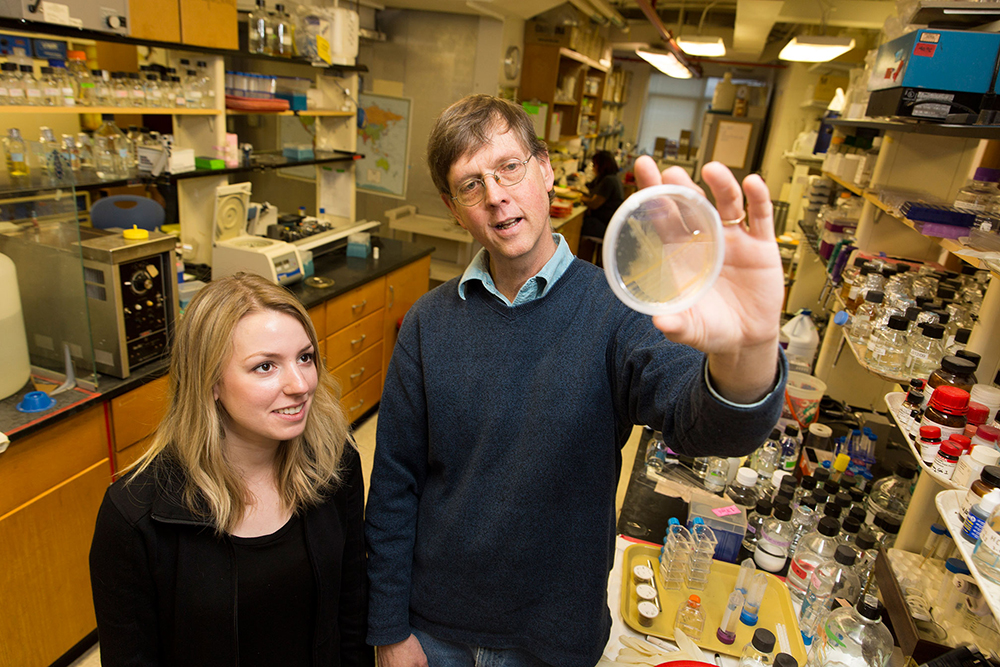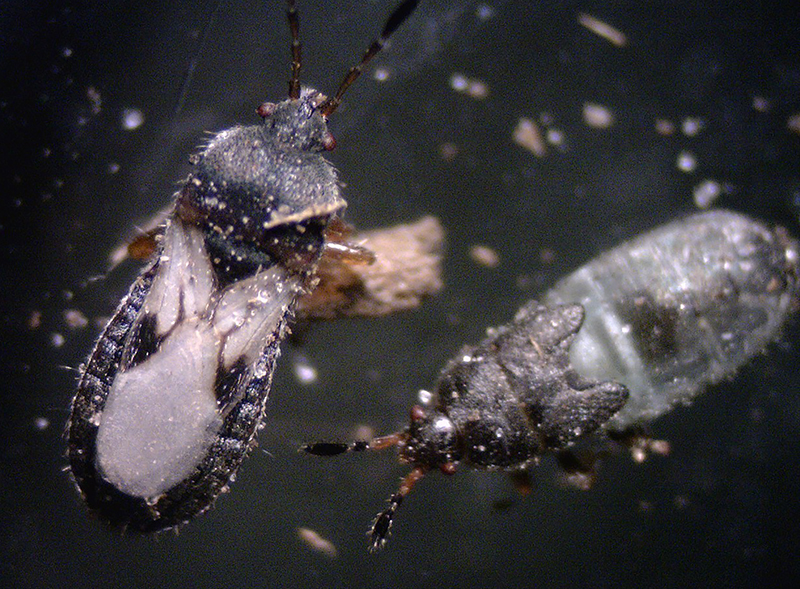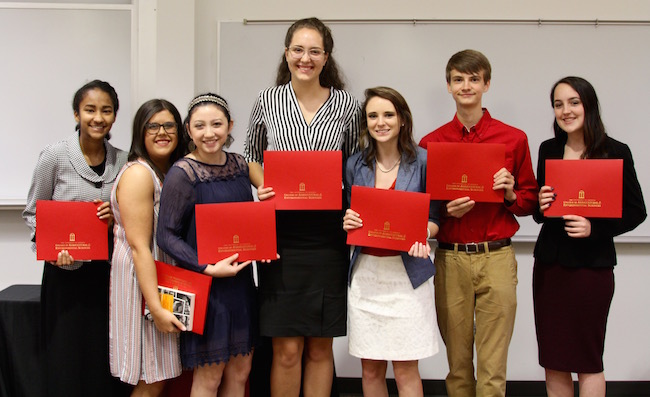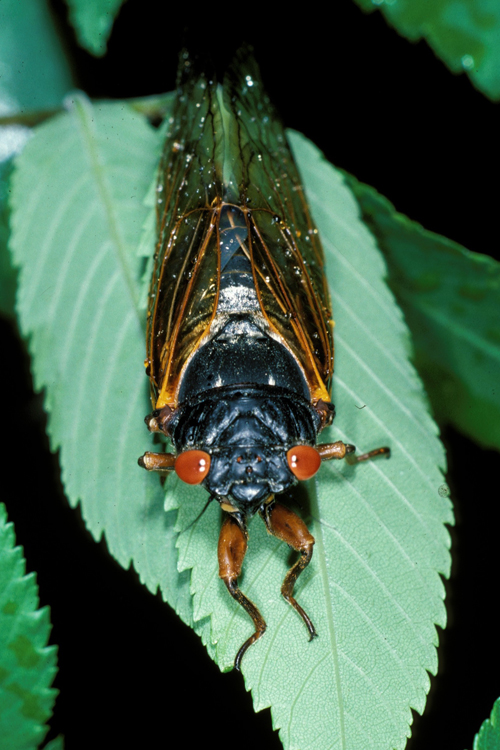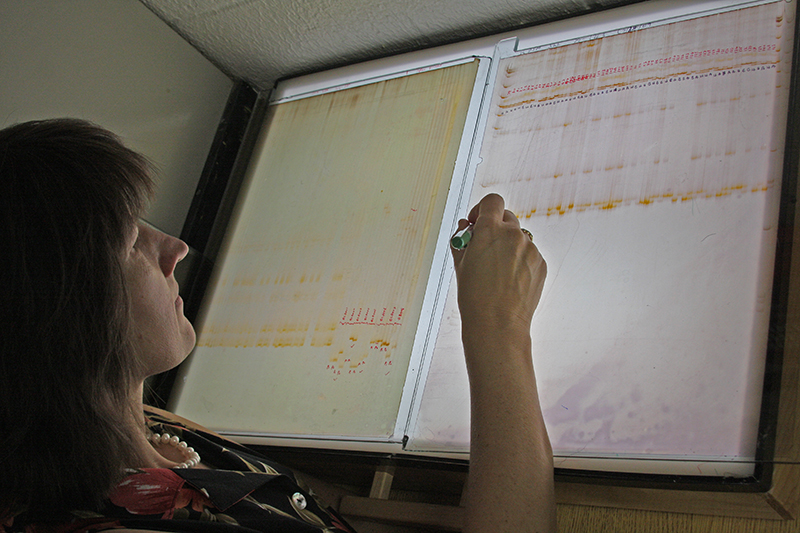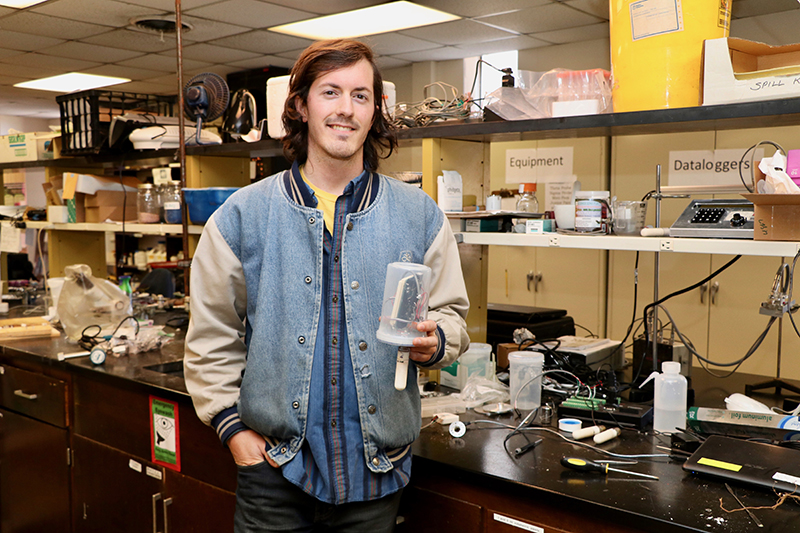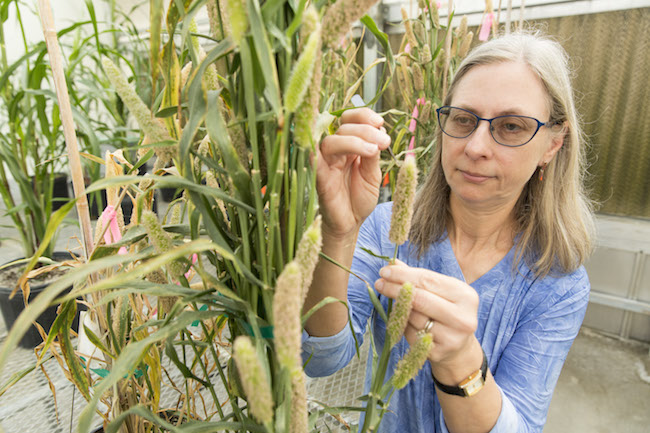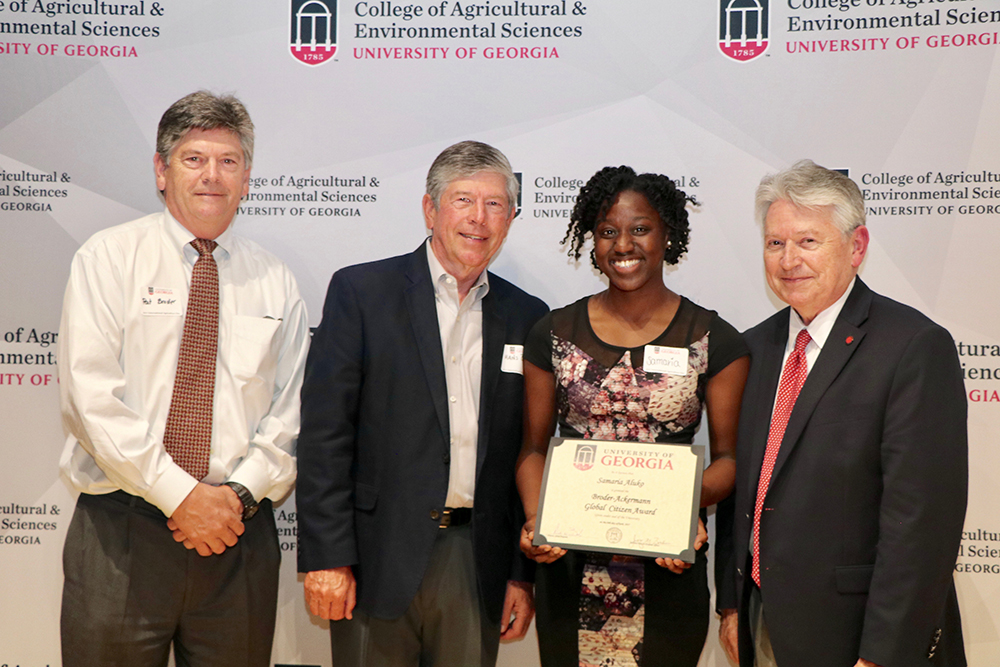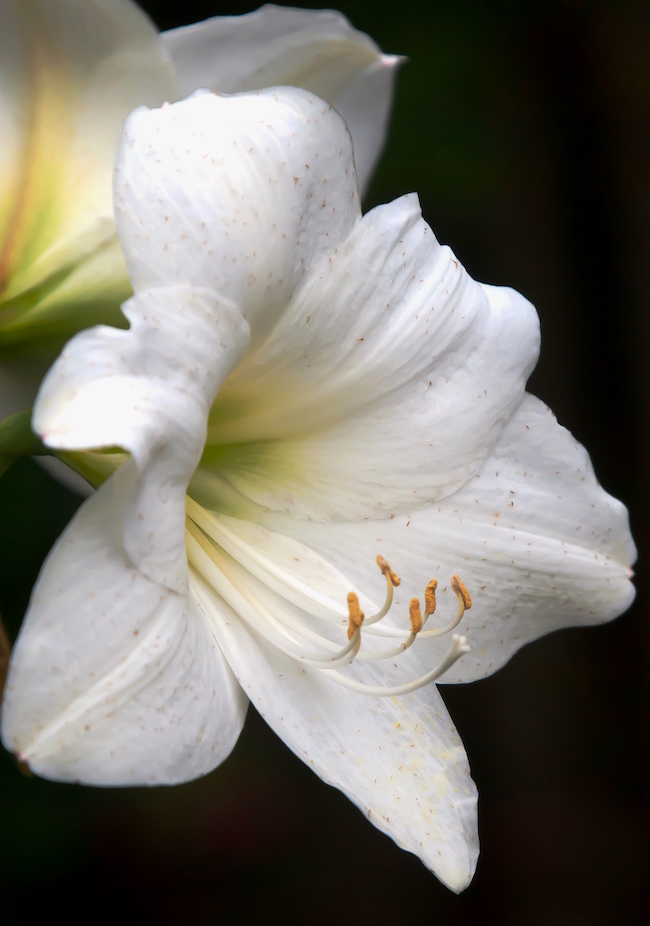 CAES News
CAES News
Head of the Horse
Gardeners all over the country can enjoy the amaryllis, whether in the landscape or as one of the most-loved Christmas plants forced indoors. Outdoors they prefer fertile, well-drained soil. Ours get morning sun and late-afternoon shade. In the landscape, we treat them much like narcissi. We will deadhead flowers and leave foliage until it wants to go dormant.

